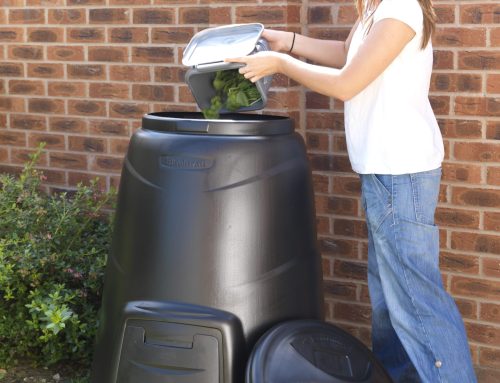Two Suffolk councils have given the go ahead for £97k for projects aimed at boosting biodiversity and tackling climate change across their districts.
Babergh and Mid Suffolk District Councils have given the green light for £72k – £32,849 and £38,678 respectively – to go towards biodiversity mapping and a tree canopy survey across both districts. The work is based on outline costs agreed as part of the councils’ Biodiversity Action Plan, and includes funding from Suffolk Biodiversity Information Service (SBIS).
The mapping – already underway – covers wildlife corridors and council-owned public realm sites, as well as county wildlife sites and local nature reserves. It is a fundamental step for the councils’ Biodiversity Action Plan as it will determine suitable locations for tree and hedge planting, and identify wildlife habitats and local green spaces.
A tree canopy survey, to be carried out by Treeconomics using field surveying and satellite data, will enable the councils to create a more accurate inventory of their own tree stock. Its aim is to improve tree management, and allow for better planning for future tree coverage across the district.
The survey’s findings will be made publicly available via an interactive database, with measures including:
- how much carbon dioxide the trees store or draw from the atmosphere
- how the trees help reduce pollution and drain away rainwater (known as surface runoff)
- tree coverage for each ward
- quality and make up of tree coverage, including where possible, the progress of diseases such as ash dieback and chronic oak decline
- the trees’ asset value
Cllr Jessica Fleming, cabinet member for environment at Mid Suffolk District Council, said:
“Achieving biodiversity net gain, and strengthening and enhancing our wildlife sites and open spaces, is fundamental to achieving our strategic priorities for the environment.
“This vitally important mapping work and canopy survey, will provide us with the data we need to attach value to our trees for the first time and focus our efforts and resources, while planning for our district’s future.
“We also recognise the value that access to open space brings to our residents’ health and wellbeing – so we’ll be working with local partners across Suffolk to ensure we make best use of our natural environment to benefit all.”
The mapping work, undertaken jointly by SBIS and Suffolk Wildlife Trust, and tree canopy survey are expected to be completed by Autumn this year. The councils are also already engaging with parish and town councils over suitable locations for wildflower areas and tree planting in the districts.
In Babergh, a further £25k will also go towards a new, more energy efficient, pool water cleaning system at Kingfisher Leisure Centre in Sudbury.
The new system will use a process called electrocoagulation (EC) to clean waste pool water. This means that, once cleaned, the water can then be pumped back into the pool, without needing to heat fresh water – significantly reducing the leisure centre’s water and energy use, and associated costs.
It is expected to reduce Kingfisher’s annual carbon emissions by between 6.4 and 8.6 tonnes, and, if successful, will be considered for the three other council-owned leisure centres across both districts.
Cllr Elisabeth Malvisi, cabinet member for environment at Babergh District Council, said:
“Agreeing this funding marks another important step towards achieving our climate change and biodiversity ambitions – making Babergh greener and cleaner.
“The mapping work and tree canopy survey play a vital role in enabling us to protect and strengthen our district’s amazing wildlife and plant life for generations to come.
“And, by changing our pool’s cleaning system at Kingfisher Leisure Centre, we can further decarbonise one of our major assets and largest sources of CO2 – enabling us to make waves with our climate change ambitions, while also supporting improved health and wellbeing for our communities.”
The new system is expected to be installed by the Summer – with works causing no disruption for swimming activities – further complimenting the other carbon-saving measures the councils are already making at their leisure centres. This includes a £1.4m grant from the Government’s Public Sector Decarbonisation Scheme for solar panels and air source heat pumps, and a solar car ports trial in the leisure centre car parks.






